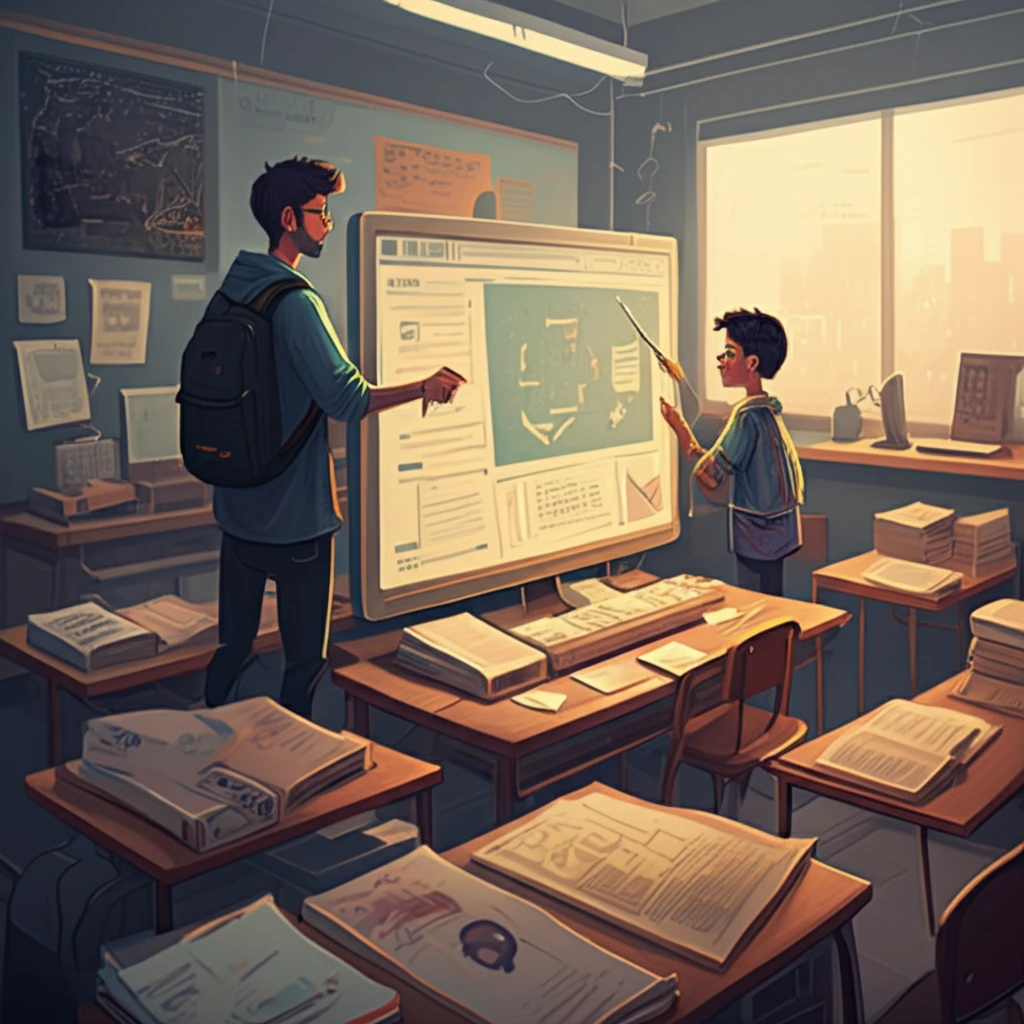
Unlocking Collaborative Learning: Are K-12 Wikis the Key?
"Dig into why collaborative behavior is surprisingly scarce in US classrooms, and what it means for education's digital future."
The rise of technology in education has promised a new era of collaborative learning. Wikis, with their potential for shared knowledge construction, have been at the forefront of this movement. Yet, a closer look at how wikis are actually used in US K-12 classrooms reveals a surprising trend: collaborative behavior is often strikingly limited.
For years, educators and researchers have explored wikis as tools for fostering communities of practice, where students actively engage in building knowledge together. However, the reality on the ground often falls short of this ideal. While wikis offer a platform for collaboration, the extent to which students genuinely collaborate—building upon each other's ideas, engaging in meaningful discussions, and co-creating content—is often less than anticipated.
This article delves into this paradox, examining the factors that contribute to the paucity of collaborative behavior in US K-12 wikis. By analyzing a large sample of wikis and drawing upon existing research, it challenges assumptions about technology's inherent ability to transform learning and raises important questions about the role of institutional structures and pedagogical approaches in shaping collaborative experiences.
Wiki Dreams vs. Classroom Realities: What's Holding Collaboration Back?

The debate surrounding wikis in education often centers on two opposing viewpoints. On one side, proponents argue that wikis provide unique opportunities for realizing progressive educational visions, fostering critical thinking, problem-solving, and a deeper understanding of knowledge construction. On the other side, critics contend that the realities of classroom environments—with their emphasis on individual assessment, standardized curricula, and ingrained norms—systematically undermine the collaborative potential of wikis.
- Institutional Assessment: The pressure to measure individual achievement often overshadows the benefits of collaborative projects.
- Individual Ownership: Students are accustomed to controlling their own work, which constrains collaboration.
- Acculturation: Students are conditioned by individual competency measures at school, which does not foster collaborative environments.
Beyond the Hype: Reassessing the Role of Wikis in the Digital Classroom
While wikis hold immense potential for fostering collaborative learning, realizing this potential requires a critical examination of the factors that shape their use in educational settings. Overcoming institutional barriers, promoting collaborative norms, and designing learning experiences that genuinely engage students in shared knowledge construction are essential steps towards unlocking the transformative possibilities of wikis. As technology continues to evolve, a deeper understanding of these dynamics will be crucial for creating learning environments that empower students to thrive in an increasingly interconnected world.
